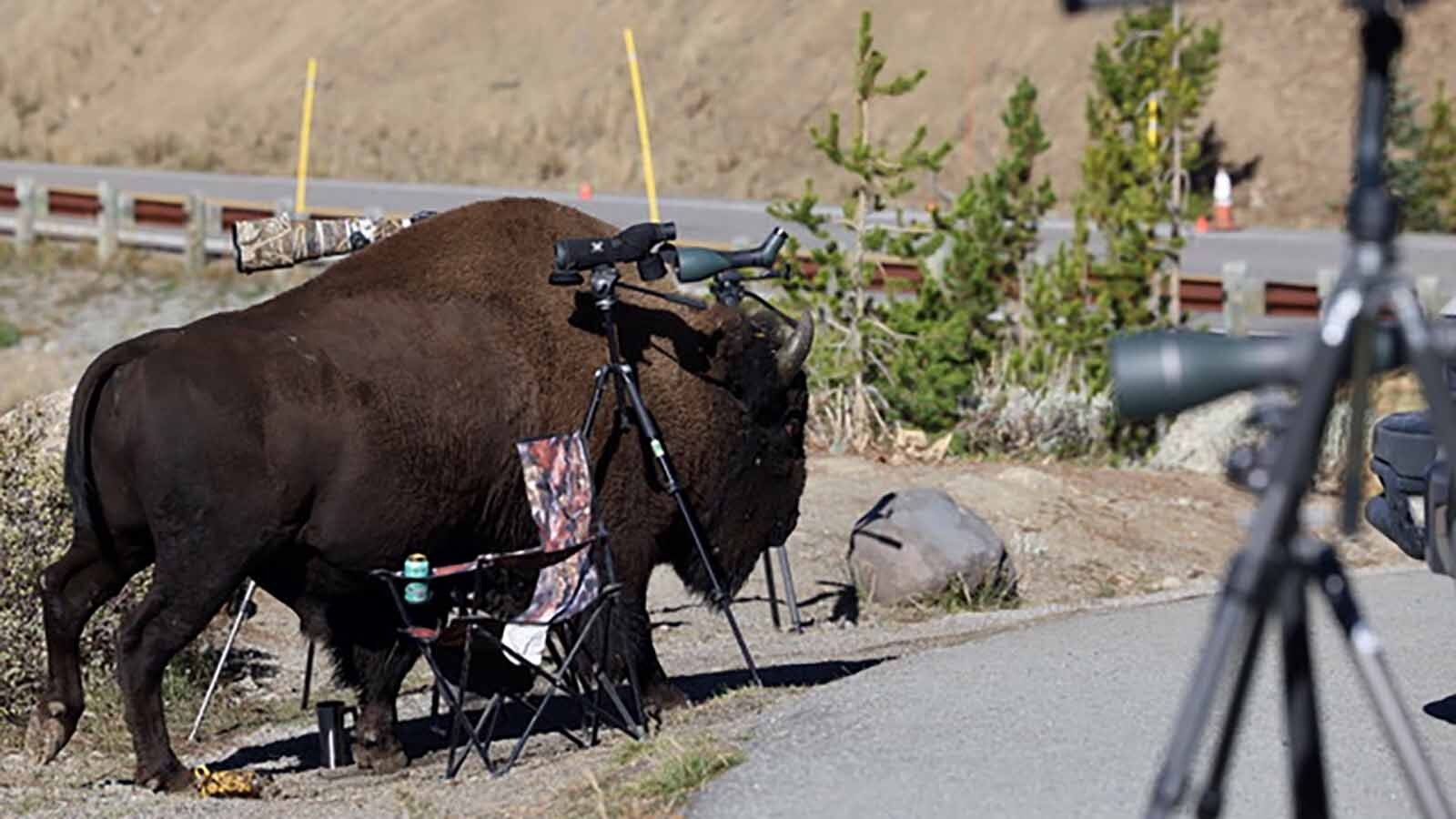The Jackson Hole Winery’s recent attempt to reopen a lawsuit that had culminated in an order putting it out of business has failed.
Robert and Linda Schroth and their son Anthony, of Jackson Hole Winery, lost a lawsuit to their neighbors Robert and Viesia Kirk in March. The case’s result was a March order banning nearly all of the winery’s business, as state District Court Judge Peter Froelicher agreed with the Kirks and found the winery in violation of its homeowners association’s covenants, which forbid most commercial activity in the Dairy Subdivision in Jackson, Wyoming.
For example, the winery can’t sell wine or merchandise on its home lot. It can’t host wine tastings that are open to the public. It can’t produce wines intended to ship outside Teton County, on its home lot.
The Schroths may have another shot at success on appeal, however.
‘Crippling’
The Schroths called the ruling “crippling” for their business.
They filed a motion last month asking Froelicher to reconsider one of their main arguments that the Kirks unreasonably delayed filing their 2022 lawsuit.
The last-ditch effort came in light of new evidence indicating the Kirks knew about the winery’s success as early as 2017, the Schroths’ motion says.
Robert Kirk had said in a deposition that he first visited the winery and grew concerned about its commercial success in 2020, court documents say.
But after losing the lawsuit and having their winery shut down, the Schroths searched their business system and noticed that Robert Kirk ordered a case of wine in 2017, and signed up to be on the winery’s market email list at that time.
Kirk claimed in a counter-filing that he didn’t pick up the wine in person: he sent a friend to retrieve it.
Anthony Schroth told the court he doubted that, writing in a May 23 affidavit that Kirk’s 2017 purchase was a “card present” order, not a phone order, based on the payment system’s “card present” categorization of the transaction. Also, whoever picked up the wine that day chose the option “join email list” during checkout, the affidavit says.
“It seems highly unlikely that a friend or an ‘employee’ would do so on Mr. Kirk’s behalf,” wrote Anthony Schroth.
Too Late Though
Froelicher denied the Schroths’ request Thursday because they could have, with “due diligence,” learned about the 2017 purchase before Froelicher judged this case in the Kirks’ favor.
The Schroths also failed to show that the new evidence would have changed the outcome of the case, the judge wrote.
“The newly discovered evidence does not affect this Court’s determination that Defendants failed to prove the second element of (unreasonable delay),” wrote Froelicher.
He reiterated his earlier stance, that any delay on the Kirks’ part helped, rather than harmed, the Schroths.
Financials
Froelicher had written in his earlier order judging the case in the Kirks’ favor that Jackson Hole Winery brought in about $2 million in 2022.
Robert Schroth called the figure inaccurate in a Tuesday email to Cowboy State Daily.
“We had significant expenses which lowered our revenue in 2022 to $242,644 and not $2 million,” said Schroth in his email. He attached an IRS income form showing the winery’s ordinary business income for 2022 at the lesser figure.
The form shows a gross income of about $2.36 million for the year 2022. It also shows a $1,080,747 deduction for cost of goods, then another $861,748 in other deductions.
The other deductions included $143,017 the winery paid in rent that year.
Froelicher had pointed to the rent payment in one of his orders, as a sign of the winery’s commercial success.

More Fees
Froelicher ordered the Schroths in April to pay the Kirks $130,465 in attorney fees for the Kirks’ efforts to enforce their homeowners association’s rules in this lawsuit.
Now that the Schroths have brought the new evidence to the court’s attention and thereby compelled more argument and response from the Kirks, the Kirks are requesting an additional $6,000 for attorney fees.
Froelicher is giving the Schroths a chance to respond to the Kirks’ request.
A Little Background
The Schroths have been making wine on their home property in Jackson since about 2011, court documents say.
The winery grew successful and expanded, and received a conditional use permit from Teton County in 2016.
Citing mounting concerns at the winery’s burgeoning activity, the Schroths’ neighbors Robert and Viesia Kirk sued in 2022. They asked Froelicher to block the winery from holding commercial events like wine tasting, shipping wines out of Teton County, and selling wine at its home location.
Froelicher agreed and blocked those activities with his March order finding the Schroths in violation of their homeowner’s association covenants.
The Kirks didn’t necessarily demonstrate that the Jackson Hole Winery’s operations had harmed them, but they didn’t have to, Froelicher ruled: they were able to sue as members of the homeowner’s association, to enforce their covenants.
Clair McFarland can be reached at clair@cowboystatedaily.com.





